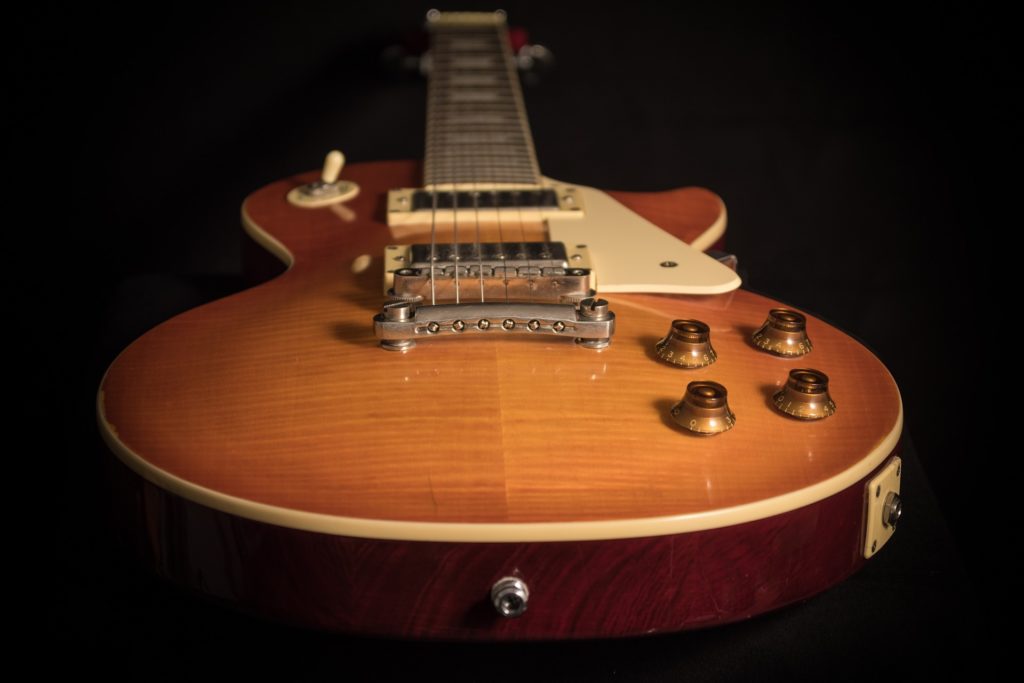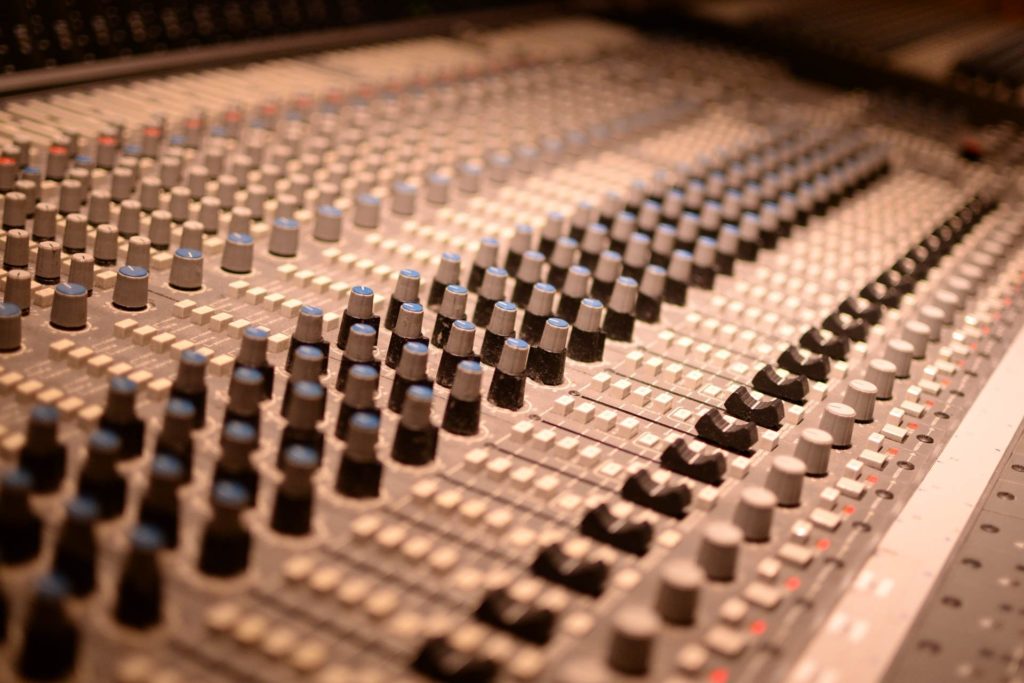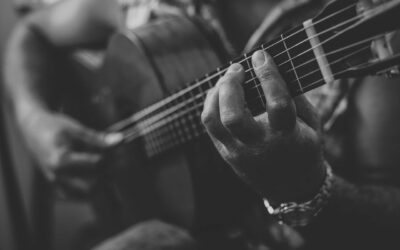Recording guitars is an exhilarating experience, whether it’s your own music or someone else’s. But frustration often crops up in the studio when things don’t turn out how you imagine they will.
Here are 10 tips to keep in mind next time you record electric guitars. These are presented in no particular order other than the order in which they come to mind.
1. Know Your Gear
Guitars. Amps. Effects. Know them inside out. The faster you can dial in a particular sound, the faster you can get that track done and move on. You’re better off having fewer pieces of gear that you can operate quickly and efficiently than having loads of gear that you only have a superficial understanding of.

2. Live Tones Don’t Always Translate To The Studio
They may. They may not. Your rig may sound fantastic on stage with your band, but things are different in the studio. Get comfortable with the fact that all your “favorite settings” on your pedals and amps may not sound great in a recording situation.
3. Learn To Use A Capo
I know, it’s a crutch, real guitar players don’t need them, blah blah blah…The fact is, the capo is extremely useful in the studio. Remember, the result is all that people care about. How you get the sound is of no importance. There is no such thing as “cheating” on a session.
4. Overdubs – Less Is More
If you’re going for a slick modern sound you’ll more than likely be adding a few overdubs. Keep each track rhythmically and harmonically simple. Think ahead to the next track(s) you’ll record and leave plenty of space for those additional tracks. Experienced session guitarists begin with the end in mind and write parts accordingly.
5. Overdubs – Vary Your Tones
Clean/dirty. Humbucker/single coil. Wet/dry. Dark/bright. Mix it up to avoid muddiness and add character to each part. Don’t shy away from extreme settings and sounds either. Head over to YouTube and search for isolated guitar tracks. You may be surprised at the tone of some classic guitar parts when heard in isolation.
6. Rhythm Guitar – Drums Are King
You can’t go wrong basing your rhythm guitar parts off of what the drums are doing. Lock in. Specifically, listen to the kick drum and how the bass is locking in to that. Alternatively, if you’re wanting a part to complement the groove set up by the kick drum and bass guitar, focus on the high hat pattern. Basing your rhythm part off of the hats can yield great results.
7. Lead Guitar – Vocals Are King
How can you complement the vocal melody? Figure that out and you’ll be the producer’s hero. Figure out how to do that without reinforcing the singer’s prima donna tendencies and you’ll be the stuff of legend! In all seriousness, it’s non-negotiable to stay out of the way of the vocals when recording lead guitar parts, fills, etc. When composing or improvising a solo, the vocal melody is a great springboard for soloing ideas.

8. More Gain Does Not Equal Bigger Sound
In fact, the opposite is true. Dial the distortion back and your parts will cut through and sound bigger. Set your amp at the sweet spot and let your picking hand bring out the dynamics and bloom of the amp.
9. Experiment With Different Picks
This is the cheapest, quickest, easiest way to wildly change your tone. I take an Altoids can full of different picks to every session. Changing your pick is like stepping on an EQ pedal. Different materials, shapes, and thicknesses all make a huge difference in tone.
10. Treat Every Session As A Learning Opportunity
The world of recording electric guitars is complex. Enjoy the process of learning through experimentation. Brent Mason didn’t happen overnight. The legendary Tim Pierce said that it took him 10 years to be able to confidently deliver what a producer wanted on a session. Go easy on yourself and soak up the experience.
This list should give you plenty to consider during your next recording session.
I’d love to hear your thoughts. What are some things you’ve learned that are helpful when recording electric guitars? Leave a comment and join the conversation!



great tips for recording guitars, real help for any musician